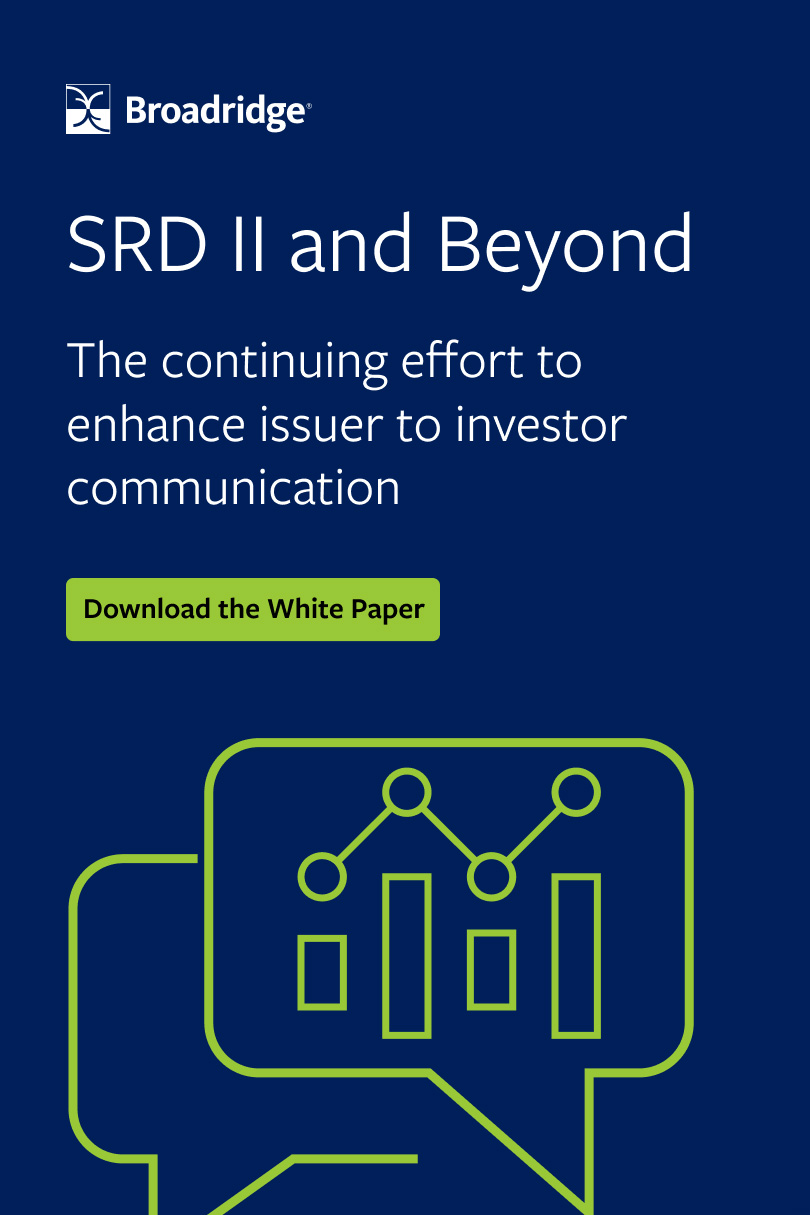The post-trade landscape in a post-Brexit world was the main topic at this year’s Association for Financial Markets in Europe (AFME) Post Trade Conference in London.
The morning keynote address was given by a representative from the Bank of England who indicated that economies are growing at a fast rate, as are post-trade services.
He cited the post trade system is currently made up of a collection of systems, infrastructures, and workflows that differ across firms, with low levels of interoperability.
He explained that the financial services market has a responsibility “to be as good as the economy demands”.
He said: “Current financial service’s priorities are resilience and innovation. Financial services plumbing is always vulnerable. If firms are going to withstand wider changes in the economy, banks need to have strategic goals and maintain a certain resilience.”
The first panel of the day concentrated on how post-trade in a post-Brexit world would affect regulation and the possible changes that might arise.
One panellist said financial services markets are built on law and a regulatory environment but the current uncertainty surrounding Brexit may mean in the future, the industry may see a different set of rules for different markets as there will be a significant split between the UK and European law.
Another panellist said after Brexit he thought the “general outlook for post-trade would be rather pessimistic as one regulatory space will become two regulatory spaces. And in terms of the law, it is difficult to gather contractual continuity”.
One panellist welcomed the European Commission’s adoption of conditional equivalence for central clearing counterparties (CCPs) and central security depositories (CSDs) post-Brexit, as part of its no deal contingency action plan.
He said: “During the first 24 months of Brexit, European CSDs will be guaranteed to have access to UK CSDs, but that equivalence is only temporary. The question is what more do we want? In the current Brexit withdrawal deal, trading goods are protected, but trading services are much less protected. In addition, the political scene develops hard borders which go against the shared notion that technology is developing in a global way.”
A member of the audience then asked the panellists if the industry should encourage politicians to learn more about post-trade.
To which one panellist emphasised: “Outside this room and this industry, not many people actually know what post-trade is, we need to sell it to politicians and explain all the benefits.”
On another panel discussing post-trade reform agendas, one speaker said that as the current Brexit withdrawal deal stands, there is no good to come from Brexit, either for the UK or Europe. She also predicted that Europe and Asia will probably benefit the most.
Another panellist indicated Brexit is a losing game for post-trade within the UK and the EU in terms of infrastructure.
He said: “Brexit has brought work and cost without any benefit. I’m not entirely sure what impact it will have. But there seems to be a lethal threat by being unprepared for it.”
Staying on the topic of post-trade, the panellists mostly agreed that a lot of progress has been made within the industry in recent years but it was important to ensure public entities have control of this space and one highlighted that the European Central Bank could do a “little more”.
The panel also discussed T2S and how its costs have increased. One panellist affirmed he was at first sceptical at the introduction of T2S but had witnessed more “pros” than “cons”.
He said: “T2S did a lot of great things, but still needs to push through some changes”, but he said he understood “total changes take time and money resources”.
“We need to give time for T2S to work. By 2025, we will see if we need to make more changes, based on new technologies, key questions and additional services available.”
Meanwhile, another panellist said: “If I look at the typical European way of dealing with actions, it’s inevitably a reluctance to deal with legacy and a wrong assumption that competition will somehow change what happened at the start of the process. But if that happens, people will move away from our industry space because they won’t be able to make ends meet.”
He added: “The US model is good. I’m not proposing we introduce it here [in the UK], but there’s this hope that competition will sort it all out, but it won’t. No one is going to vote to put themselves out of business.”
A representative from CCLA gave an outlook of Brexit and a personal view of current global trends, especially the impact of ethical and governance factors within the industry, as well as environmental challenges, most notably climate change.
In his presentation, he discussed the history of economics and the introduction of world trade and the strong correlation between technology and global wealth. He said from the industrial revolution until now, technology has been the visible catalyst for change and enabler for growth.
Later in the day, the panel discussed market evolution through technology in post trade. In the session, a panellist examined the post-trade industry’s responsibility to change technology and also how to adapt data within that technology.
The moderator asked the panellist their opinion on how technology has disrupted post-trade over the last 15 years.
One panellist cited that the results were “disappointing in retrospect when looking at all those things we tried to achieve. We recognise our own mess, we were not as efficient and productive as we could have been. But when we fast forward to now and witness the regulators high-level scrutiny, we have been forced to innovate as an industry.”
Another said: “Through artificial intelligence (AI) and blockchain, we’re opening up a lot of doors. We’re learning a lot from other industries. It used to be the same handful of big companies introducing us to everything new.”
“Now the door is open to fintechs, technology companies and all kinds of different people and businesses, which is exciting.”
The moderator then asked panellist what could be learned from the past. One panellist said: “Legacy technology is a major issue in the sense that many trading applications were built in the 1980s and 1990s, so there is a lot to rejuvenate there.”
Another said: “I am not a fan of data as a service, services around data are much more important, it is crucial to capture data, rather than creating something around the data you capture.”
The moderator turned the topic to how regulation could and should evolve in the years to come.
One panellist said: “We need to use lessons of the past and apply that to how we look at our processes and strategies, consultative development is less costly and more efficient.”
He added: “There should be more regulation on how we use technology, rather than regulating technology itself—it’s about creating the right kind of legacy culture. What technology is capable of and how you use it is key. The main challenge is how to feed data and that starts with the basics—clean it up.”
The session ended with an audience member asking to what extent woud AI benefit the functions of post-trade?
To which a panellist answered: “Post-trade is all about efficiency, why wouldn’t you use AI across the board?”



